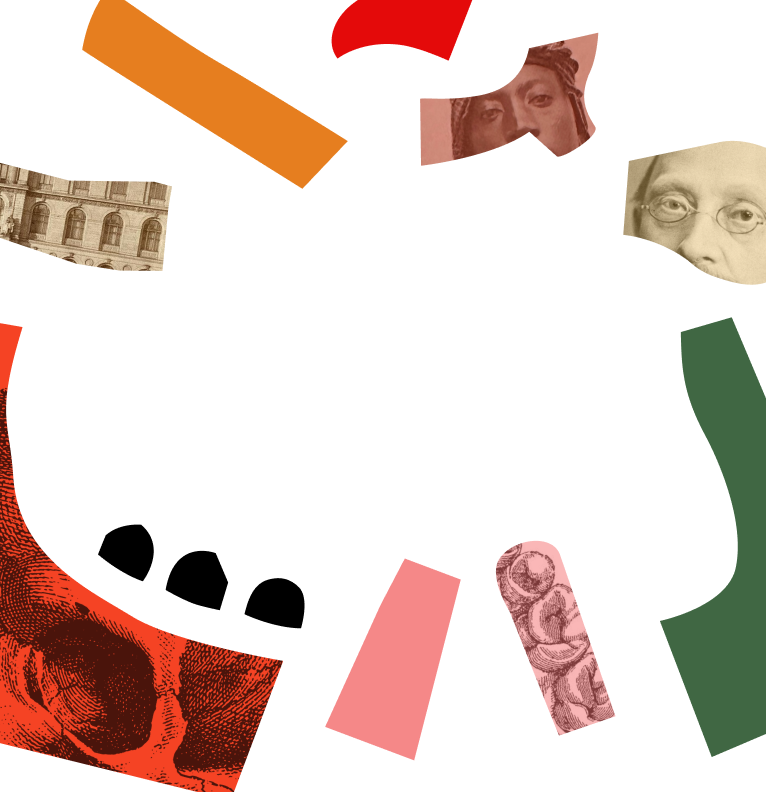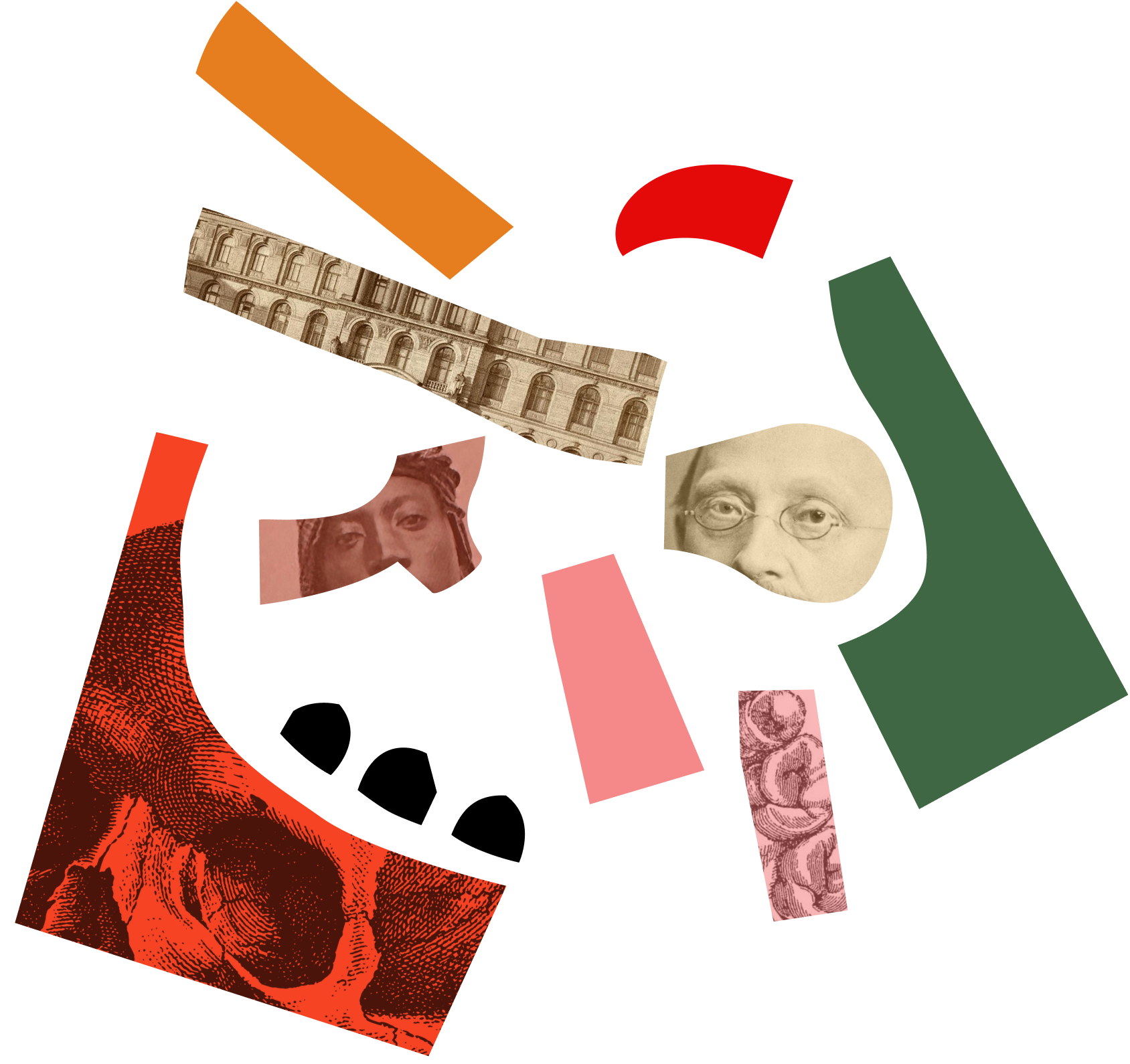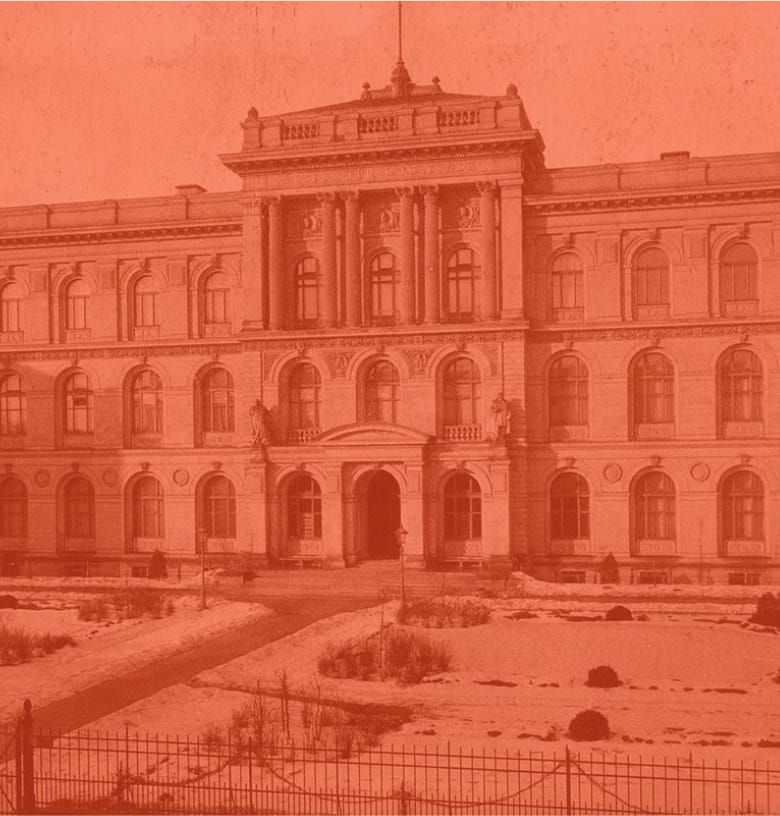
Dig Where
You Stand
Thousands of ancestral remains - human body parts - are held in Berlin institutions. Why are they here? How did they get here? What’s going to happen to them?



There may be no more visceral example of the legacy of German colonialism than the huge number of dead bodies still being held in Berlin to this day. Even today, bits and pieces of these victims of imperial power continue to turn up.
A three-part series
Episode 1: The Kidnapped Dead
We’re introduced to the topic of ancestral remains through the ongoing search for Mangi Meli’s head - removed after his murder in 1900, and missing ever since. How did these remains get to Berlin, and where are they being held? Who collected them? And we explore the lasting impact on the affected families and communities today.
Episode 2: Why can’t we give them back?
Episode two of Dig Where You Stand examines one of the darkest chapters of German colonial history: The genocide of the Herero and Nama peoples in German South West Africa. In 2011, Germany finally returned 20 skulls from its collection of stolen ancestral remains held at Charité hospital - and the result was a diplomatic scandal. This episode is about the politics behind repatriations, and the symbolic power these ancestors still hold.
Episode 3: Bordering on a Miracle
“An event never before experienced in the history of medicine worldwide is realized here.” Episode 3 of Dig Where You Stand picks up the story where we left off. By examining a recent significant discovery of ancestral human remains in Berlin - when pits filled with human bones were found in 2014 - we continue the story of how German scientists harvested human bodies in the name of racist and unethical science. This episode covers a harrowing chapter of German history, telling the story of the Kaiser-Wilhelm-Institute of Anthropology, Human heredity and Eugenics: Its founding by Eugen Fischer in 1927; the work of Karin Magnussen and Joseph Mengele; the memoir of Miklos Nyiszli; and how researchers based in Berlin asked for and were sent human bodies and body parts from Auschwitz. These crimes were brought back to public attention in Berlin in 2014, when workers digging a trench at the Free University came across pits filled with human bones. The University's failure to respond meant that seven sacks of human remains were burned by the municipal crematorium. In this final episode of Dig Where You Stand season one, we look at how the dead continue to return and ask what responsibility these human remains should demand of us.

